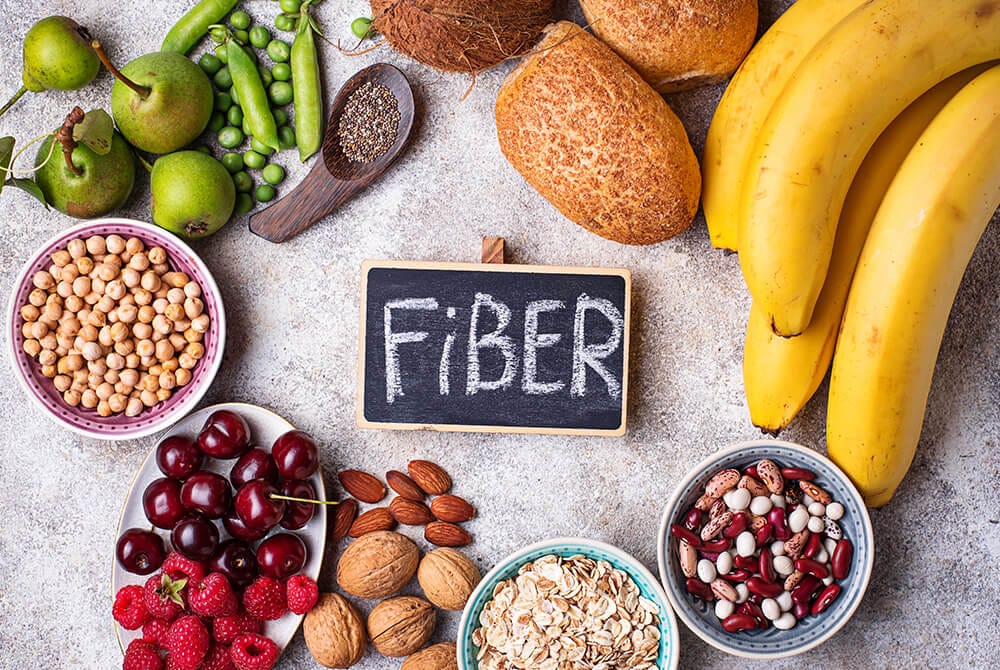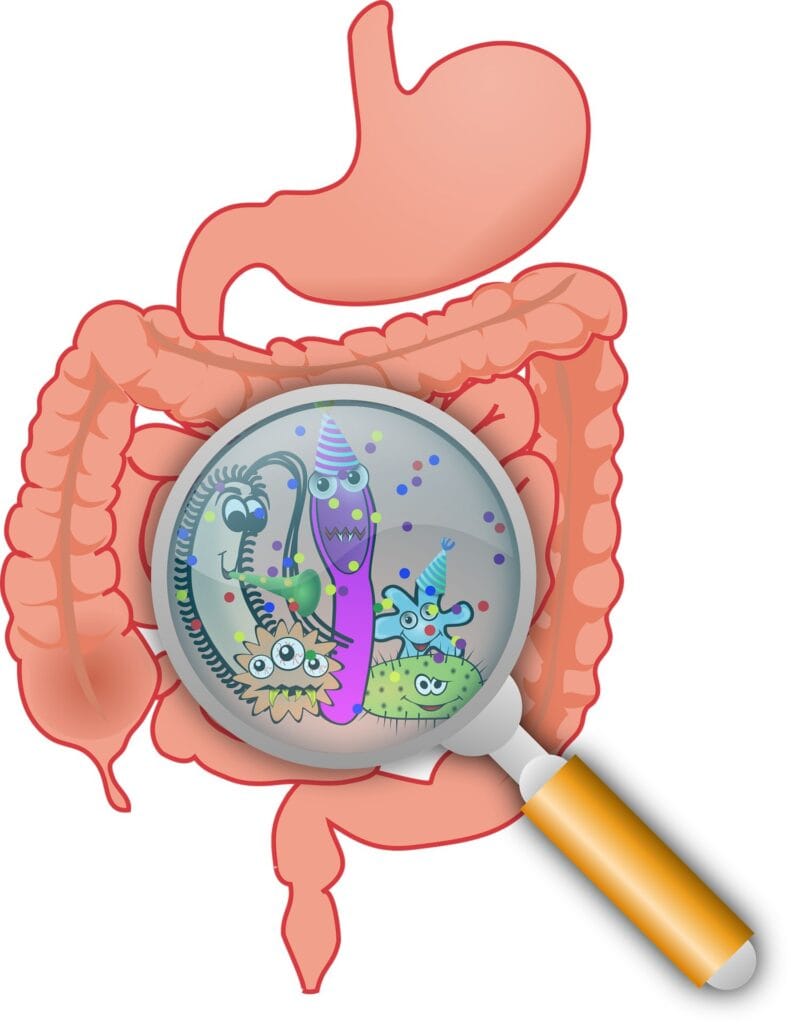
Digestive health plays a crucial role in overall well-being, influencing nutrient absorption, energy levels, and immune function. Maintaining a healthy digestive system is essential for preventing discomfort, managing weight, and reducing the risk of chronic illnesses. One often-overlooked but powerful contributor to digestive health is dietary fibre. This unsung hero from plant-based foods supports gut function and goes beyond digestion to impact overall health.
What is Fibre?
Fibre is a type of carbohydrate found in edible plant-based foods that the human body cannot fully digest. Unlike other nutrients that break down and get absorbed, fibre passes through the digestive tract largely intact. Despite this, its role in health is indispensable. Acting as a natural cleanser, fibre aids in maintaining bowel regularity, supports gut microbiota, and helps in controlling blood sugar and cholesterol levels. Often underestimated, fibre truly is the digestive system’s unsung hero.
Types of Fibre
Fibre is broadly classified into two main types, each with unique health benefits:
1. Soluble Fibre
Soluble fibre dissolves in water to form a gel-like substance. It is found in foods like oats, beans, apples, carrots, and citrus fruits. This type of fibre helps lower blood cholesterol, regulates blood sugar levels, and supports the growth of beneficial gut bacteria.
2. Insoluble Fibre
Insoluble fibre does not dissolve in water and adds bulk to stools, making bowel movements easier. It is found in whole grains, nuts, beans, and vegetables like cauliflower and potatoes. This type of fibre prevents constipation and promotes regular bowel function.
Importance of Fibre in Digestive Health
Fibre is essential for maintaining a healthy digestive system. Here’s why:
- Improves Bowel Movement: Insoluble fibre adds bulk to stool, preventing constipation and promoting regularity.
- Feeds Gut Microbiota: Soluble fibre acts as a prebiotic, nourishing healthy gut bacteria that produce beneficial short-chain fatty acids.
- Prevents Digestive Disorders: A diet rich in fibre lowers the risk of diverticulitis, hemorrhoids, and certain colorectal diseases.
- Reduces Toxin Build-Up: Fibre helps in faster elimination of waste, reducing exposure of the intestines to harmful substances.
Lack of Fibre: A fibre-deficient diet can lead to constipation, bloating, irregular bowel movements, increased cholesterol levels, and a higher risk of digestive diseases like colon cancer.
Importance of Fibre Beyond Digestion

While its digestive benefits are well-known, fibre also supports overall health in several ways:
- Blood Sugar Control: Slows glucose absorption, preventing spikes in blood sugar levels.
- Cholesterol Management: Soluble fibre helps lower LDL cholesterol, supporting heart health.
- Weight Management: Fibre increases satiety, helping control calorie intake.
- Reduced Risk of Chronic Diseases: Regular fibre intake is linked to lower risks of type 2 diabetes and cardiovascular disease.
Components of Fibre
Fibre consists of several components, each playing a different role in the body:
- Cellulose: A major insoluble fibre that provides stool bulk.
- Hemicellulose: Found in plant cell walls; partially soluble.
- Pectin: A soluble fibre that helps lower cholesterol.
- Lignin: Adds firmness to plant tissues and aids digestion.
- Beta-Glucans: Found in oats and barley; known for cholesterol-lowering effects.
- Resistant Starch: Functions like soluble fibre, promoting gut health.
How Much Fibre Do You Need?
Health experts recommend that adults consume 25–38 grams of fibre per day, depending on age and gender. Unfortunately, many people in the USA and UK consume less than half the recommended amount. Incorporating fruits, vegetables, whole grains, and legumes daily can help bridge this gap.
Top Producers of Fibre
- Whole grains (brown rice, oats, barley)
- Fruits (apples, bananas, berries, oranges)
- Vegetables (broccoli, carrots, sweet potatoes)
- Legumes (lentils, beans, peas)
- Nuts and seeds (chia seeds, flaxseeds, almonds)
Consulting a Physician
As a medical practitioner, I strongly recommend discussing dietary fibre intake with your healthcare provider before making major changes to your diet, especially if you have digestive conditions. Fibre is crucial for long-term health, and personalized advice ensures you get the right balance.
If you need professional guidance, feel free to reach out to me at drzaramulla@gmail.com for consultations and tailored nutrition advice.
Quick Links
https://www.ucsfhealth.org/education/increasing-fiber-intake
https://www.health.com/health-benefits-of-fiber-7555609
https://health.cornell.edu/sites/health/files/pdf-library/fiber-digestion-health.pdf

